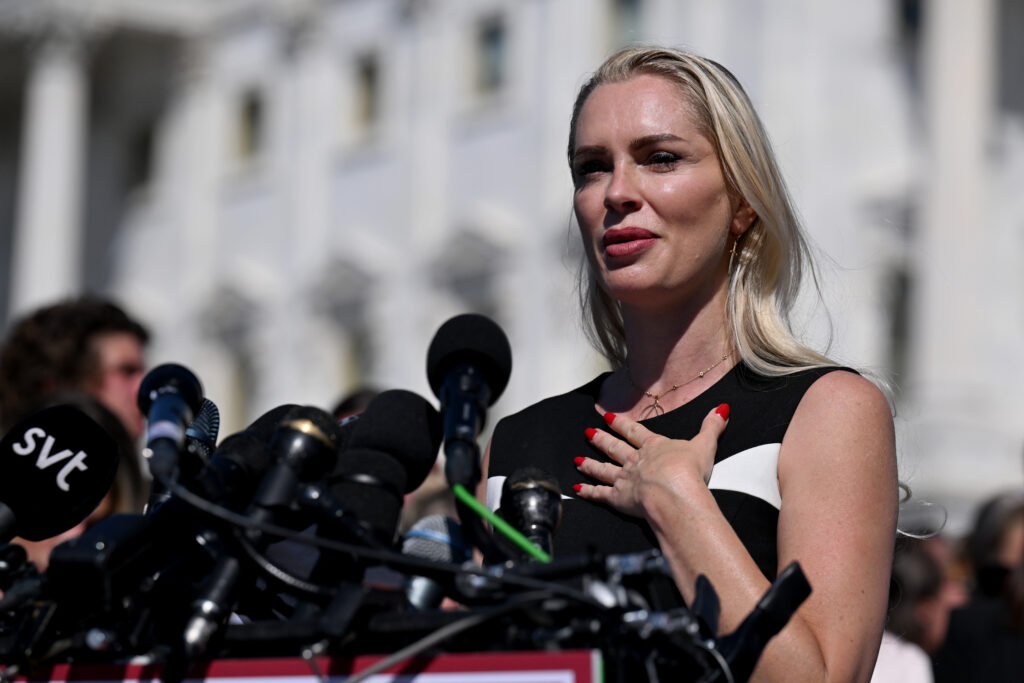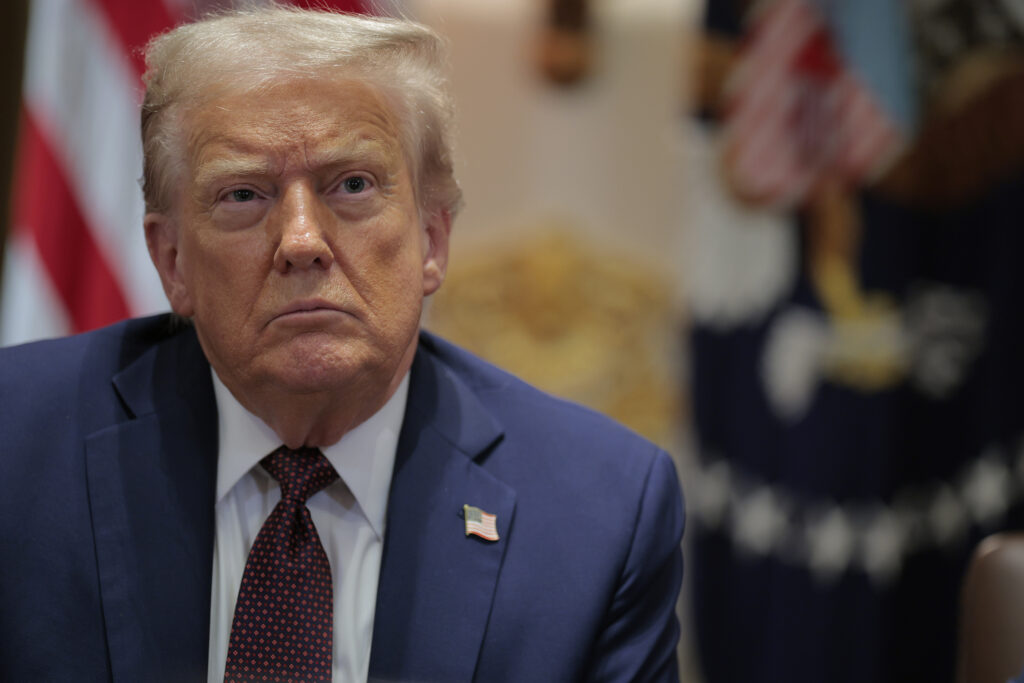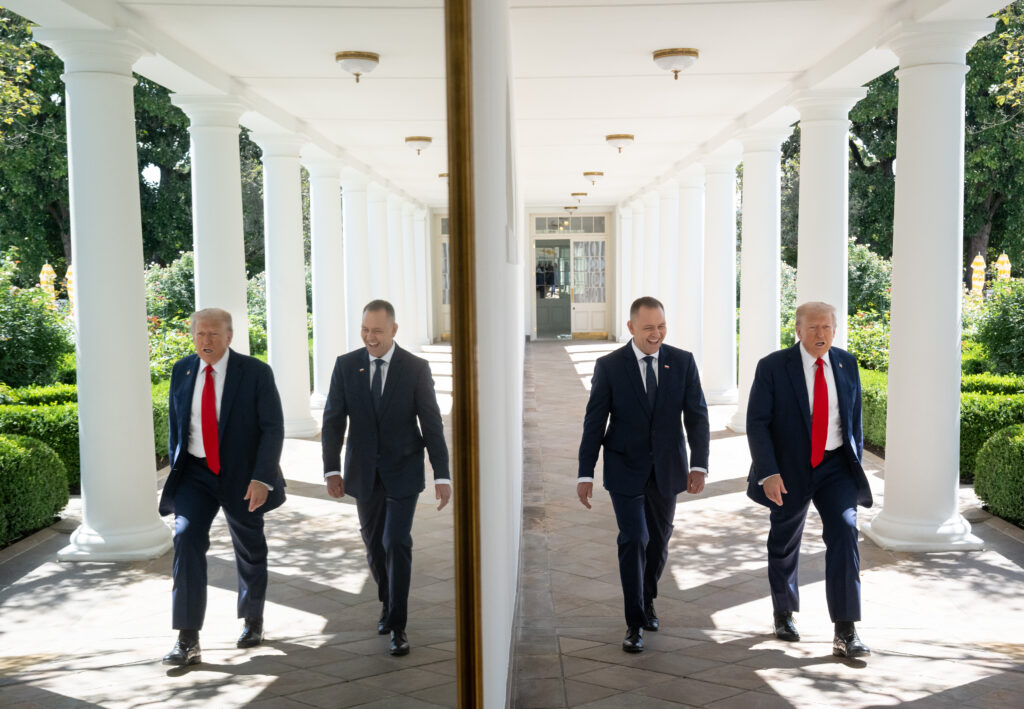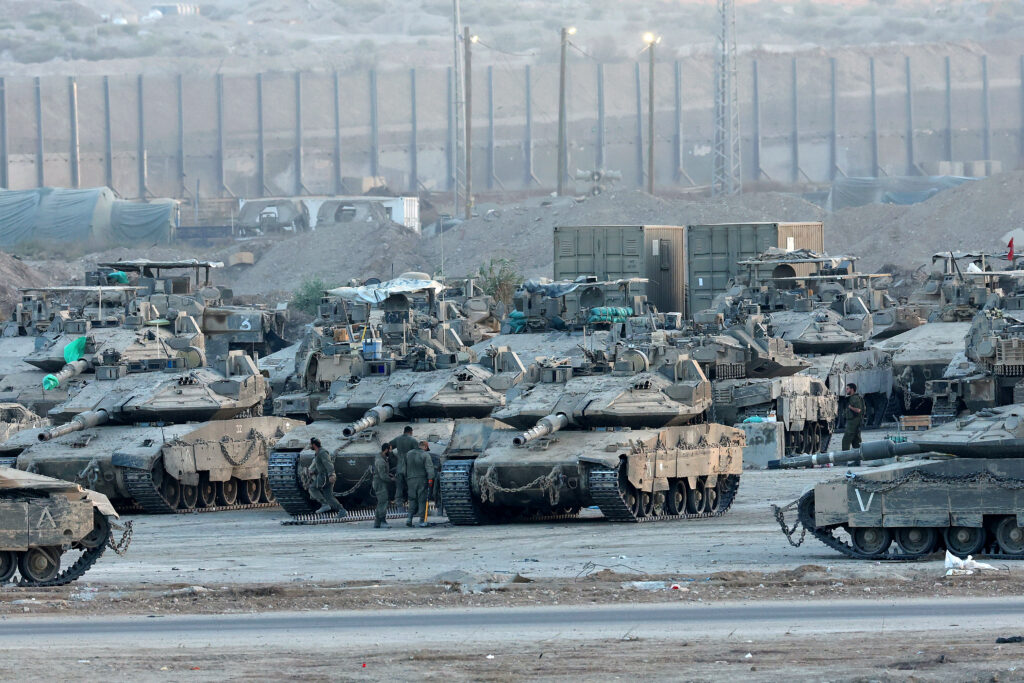Cookies publicitaires: la Cnil sanctionne Google et Shein d’amendes colossales
L’autorité française de protection de la vie privée en ligne, la Cnil, a frappé mercredi les groupes américain Google et asiatique Shein de deux amendes colossales, dont une record, pour non-respect de la législation sur les cookies.Ces traceurs, essentiels au secteur de la publicité en ligne et intégrés au modèle économique de nombreuses plateformes, font l’objet depuis plusieurs années d’un contrôle renforcé mené par l’autorité française.Les deux groupes, dont les services sont utilisés par plusieurs dizaines de millions de Français, ont écopé des deux sanctions les plus importantes jamais prononcées par la Cnil – à l’exception d’une amende de 150 millions visant Google en 2022, déjà au sujet des cookies.Google, également sanctionné pour des manquements en matière de publicité, s’est vu infliger une amende de 325 millions d’euros. Le groupe Shein devra s’acquitter d’un paiement de 150 millions d’euros. Le géant asiatique du prêt-à-porter discount a annoncé à l’AFP qu’il allait former un recours devant le Conseil d’État et la Cour de justice de l’Union européenne, jugeant l’amende “totalement disproportionnée compte tenu de la nature des griefs allégués” et de sa “conformité actuelle” à la législation, une sévérité qu’il impute à “des considérations politiques”.”Nous étudions le contenu de la décision”, a réagi de son côté un porte-parole de Google, soutenant que “les utilisateurs ont toujours eu la possibilité de contrôler les annonces qu’ils voient dans nos produits” et que des mises à jour ont été effectuées “afin de répondre aux préoccupations de la Cnil”.Les deux entreprises ont manqué à leurs obligations de recueillir le consentement libre et éclairé des internautes avant de collecter les cookies publicitaires. Car ces dispositifs, qui suivent l’activité en ligne des internautes pour effectuer du ciblage publicitaire, sont strictement encadrés par la loi.Les deux amendes annoncées mercredi s’inscrivent “dans la stratégie globale de mise en conformité initiée par la Cnil depuis plus de 5 ans en matière de traceurs, qui vise notamment les acteurs des sites et services à forte fréquentation”, a souligné la Commission nationale de l’informatique et des libertés (Cnil).Dans le cas de Shein, l’autorité pointe le “caractère massif” des données concernées, avec 12 millions d’utilisateurs mensuels du site en France. La Cnil reproche à l’entreprise l’absence de consentement des utilisateurs s’agissant de certains cookies, mais également un manque d’information des internautes, ainsi qu’un mécanisme de retrait du consentement défaillant. Shein s’est néanmoins mis en conformité avec les exigences de la Cnil depuis les contrôles.- “Négligence” – Google est quant à lui visé pour la troisième fois par une sanction de la Cnil en matière de cookies. Dans l’un de ses communiqués publiés mercredi, l’autorité souligne la “négligence” du groupe, frappé en 2020 par une amende de 100 millions d’euros, puis en 2021 par une nouvelle contravention de 150 millions d’euros.Mais le montant de la nouvelle sanction décidée contre le mastodonte américain – toutefois inférieur à l’amende de 525 millions d’euros requise – est aussi justifiée par le nombre d’utilisateurs concernés, et la pluralité des manquements. L’autorité s’est ainsi penchée sur la mise en place par l’entreprise d’un “mur de traceurs” (“cookie wall”) lors de la création d’un compte Google.Cette pratique, qui conditionne l’accès des internautes à l’acceptation des cookies, n’est pas illégale dans le cas de l’entreprise, a jugé la Cnil, mais elle est soumise au consentement éclairé des utilisateurs. Une condition non remplie en raison de l’absence d’information des internautes.En parallèle, Google est aussi visé pour avoir inséré des bannières publicitaires entre les courriers de sa messagerie Gmail pour certains utilisateurs qui ont opté pour les “fonctionnalités intelligentes”. La pratique a touché 53 millions de Français, précise la Cnil. Ces publicités, qui “constituent de la prospection directe” selon une jurisprudence européenne, auraient dû faire l’objet d’un consentement préalable des utilisateurs, ce qui n’a pas été le cas.L’amende infligée a été associée à une injonction de faire cesser les manquements dans un délai de six mois. Au-delà, Google et sa filiale irlandaise devront chacune s’acquitter de pénalités de 100.000 euros par jour. Shein et Google disposent d’un délai de quatre mois pour faire appel de la décision de sanction devant la justice administrative.





